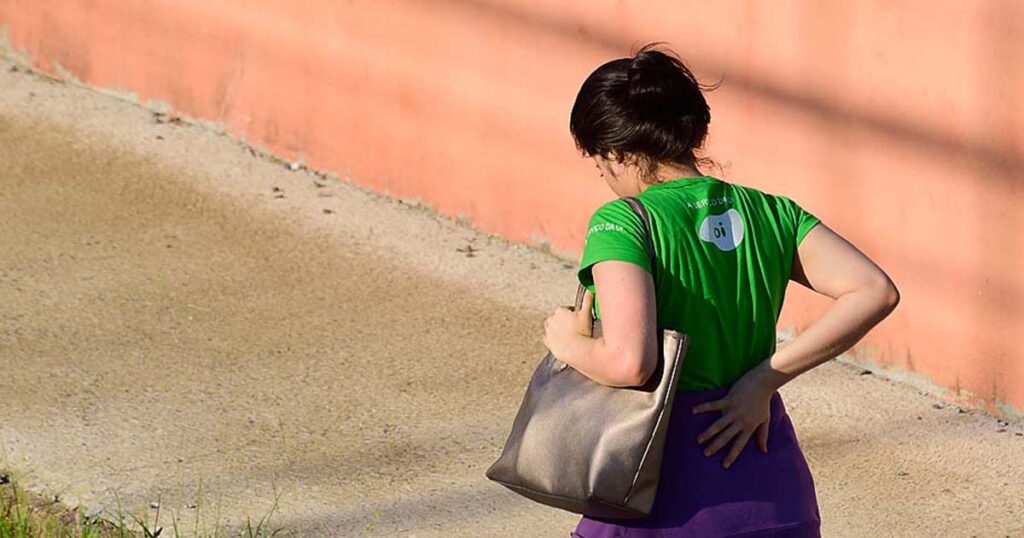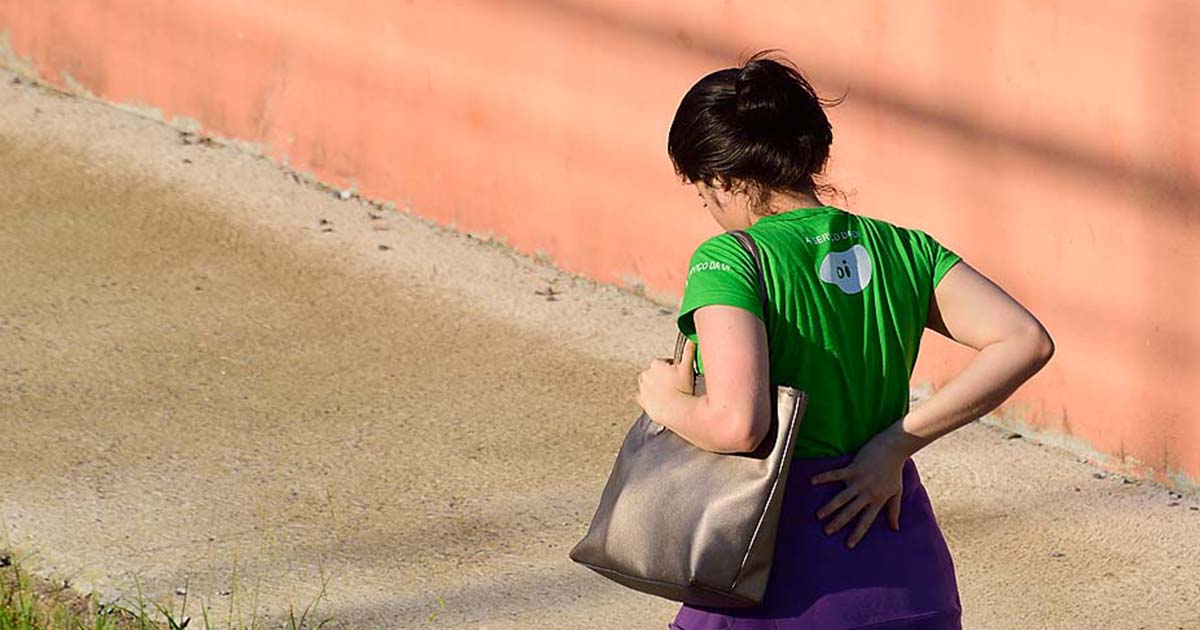Learn 10 Warning Signs of Kidney Disease

Early signs of kidney disease are so mild that they might not be noticed for a long time. It could be fatal to wait too long to see a doctor, so it’s important to notice the signs early to keep the kidneys from getting hurt for good.

The American Kidney Fund says that one in three adults in the U.S. are at risk for chronic kidney disease (CKD), and many people who have it don’t even know it. This problem can take months or years to get worse and cause kidney failure, which cannot be fixed. If you know the early signs of kidney problems, you can take care of them right away.
Why does someone get kidney disease?
The main causes of kidney disease, according to the National Kidney Foundation, are type 1 and type 2 diabetes and high blood pressure. About two-thirds of people with CKD have one of these diseases. A person’s risk is also higher if they have heart disease or a history of kidney disease in their family. Kidney damage can also be caused by repeated urinary tract infections (UTIs) and the use of drugs that are bad for the kidneys, like over-the-counter painkillers.
The scary thing about chronic kidney disease is that in the early stages, most people don’t have any signs or symptoms. Seeing a doctor for tests is the only way to find out if someone has kidney troubles.
Kidney cancer is a bad thing that doesn’t go away. It may get worse slowly over time, and most people don’t know they have kidney disease until it’s very bad. When these organs stop working, the damage is done for good. Dialysis or a kidney donation are the only ways to treat end-stage renal disease (ESRD). The sooner a diagnosis is made, the sooner steps can be taken to improve kidney health and stop further damage.
Signs of Kidney Trouble
If you or someone you care about is at risk for kidney disease, look out for these symptoms and signs that something is wrong.
1. Changes in the way you pee
The kidneys remove fluids and waste from the blood. The pee is then passed out of the body. So, changes in kidney function often cause unusual changes in urination, such as: waking up at night to urinate (nocturia); urinating more often; having foamy or bubbly urine; urinating less often or in smaller amounts with dark urine; having blood in the urine (hematuria); feeling pressure while urinating; having trouble urinating.

